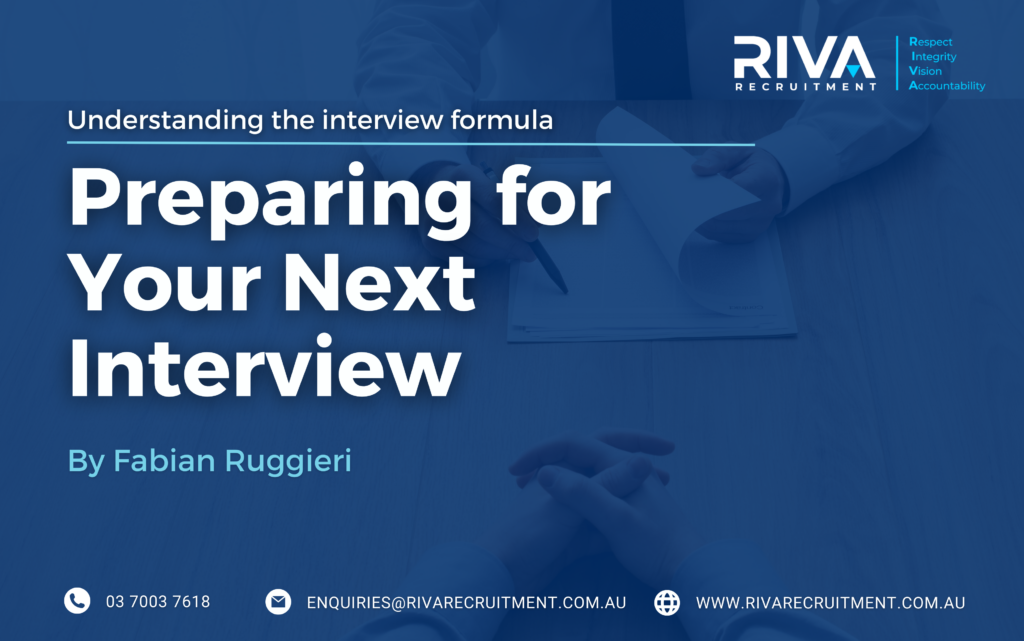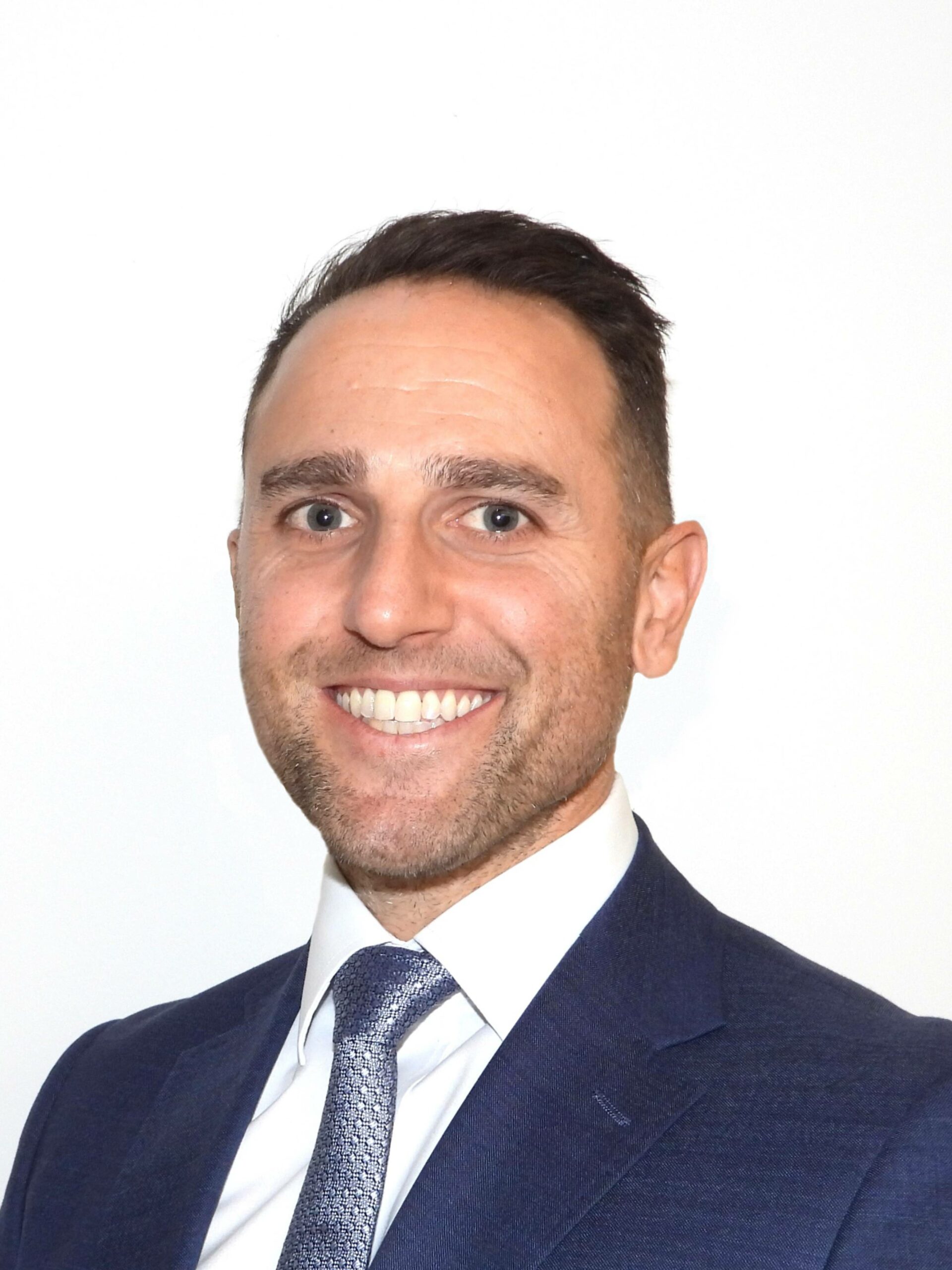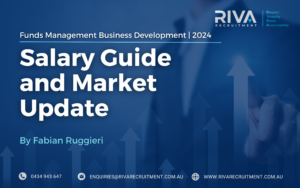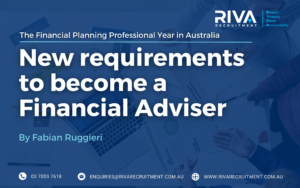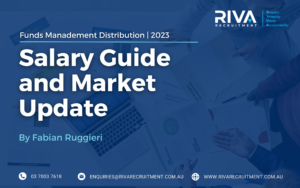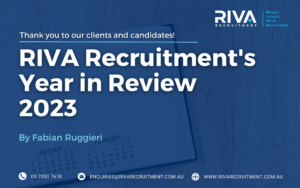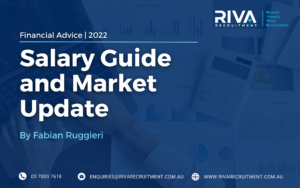There is a formula for questions asked in an interview. Knowing this and being prepared for what is coming helps you stand out and will elevate your impression on an interviewer. Having worked with recruiters, I have gathered some of the many interview components that are noted afterwards! Here are some tips and tricks for preparing for your next job interview.
“Tell us a little bit about you”
It is common knowledge that for some, this is a dreaded question. There are numerous ways to respond to this question; lay out your career history, talk about your education and qualifications, maybe even talk about how much you love your dog, but an effective way to approach this question is to summarise all these aspects of you as an individual into a few short sentences. Briefly outline your career history and education – the interviewers will likely have your resume, and if you have an interview, they have probably read it!
Use this opportunity to share your personal values while you talk about your journey. What do you do in your spare time? What are some of your hobbies? Show them how your personality may be suited to the role through your interests. Think of something interesting before your interview, keep your response professional but take the opportunity to humanise yourself!
Do your homework
I can confidently say that most interviews consist of a question like “What do you know about our company?”. The most important thing here is to be educated and have a response on hand. Knowing the unique selling point, mission statement and the purpose of the company is vital. Understanding this makes a difference, you are showing that you understand what it is that the company values and works towards. However, you do not want to respond to this question as if you are reading it directly from the ‘about us’ section of the company’s website! Read about, learn, and comprehend the brand’s purpose and provide an answer to this question in your own words.
Asking questions
A typical way to end an interview is to ask the candidate if they have any questions. You absolutely should. This is not a trick question! It is the perfect opportunity to ask intelligent and thoughtful questions that you may have. Here is your chance to ‘interview’ the company!
However, it is crucial that you make sure to listen throughout the interview. If you ask a question that has previously been answered, it shows a lack of engagement – this can translate as a lack of interest. There is a difference between clarifying something and asking a question that has already been answered so phrase clarification questions thoughtfully! It is beneficial to outline a few questions prior to the interview and ask those that were not answered throughout. This shows the interviewers you are prepared, you have listened, and you are interested.
If you are struggling to find questions to ask an interviewer in this scenario, here are some great examples:
- What do you like most about working at [company]?”
- “What would a typical day look like in this role?”
- “What is the culture like at [company]?
- “Is there anything that jumps out at
you that may make me unsuitable for the role?” - “If I were to succeed, what would be the primary indicators of success in the first three months in the role?”
3 bonus tips
- It is always better to overdress than underdress. I have interviewed for quite a few jobs and have found this is always the way. When interviewing for my role at RIVA Recruitment I was worried I was overdressed – I have since learnt that this left a positive impression because it shows that you are taking the interview seriously and can present well for important interactions.
- Do not downplay your ability and expertise. You attend an interview to show that you are worthy of a job – make sure they know why! Be careful to avoid arrogant or boastful language while doing so but if you have skills in an area, be proud of it and note that in your interview.
- Regarding behavioural questions like ‘Tell us about a challenging situation you faced and how you approached creating a solution’, consider using the STAR Interview Response Technique. STAR stands for: Situation, Task, Action, Result.
Situation: Setting up your answers by sharing context around a situation or challenge faced and sharing relevant details.
Task: Describing your responsibility or role in the situation or challenge.
Action: Explain the steps you took to handle the situation or overcome a challenge. If you were working with a team, focus on your own efforts.
Result: What was the outcome reached through the actions you have already mentioned? This is a good opportunity to provide concrete examples to showcase the effects of your efforts.
Every interview is different, but there is often a formula. It is common that an interviewer wants to know who you are as well as how interested you are in the role. They want to know that you are listening and engaged and that you are willing to ask questions – even the difficult ones! Take an interview as an opportunity to learn about the company while they learn about you. Good luck to all future interviewees!
RIVA Recruitment specialises in financial services recruitment across Australia. If you are seeking a new employee for your business or you are seeking an new employment opportunity, please feel free to contact us via LinkedIn, on 03 7003 7618, or email us at enquiries@rivarecruitment.com.au for further information.


